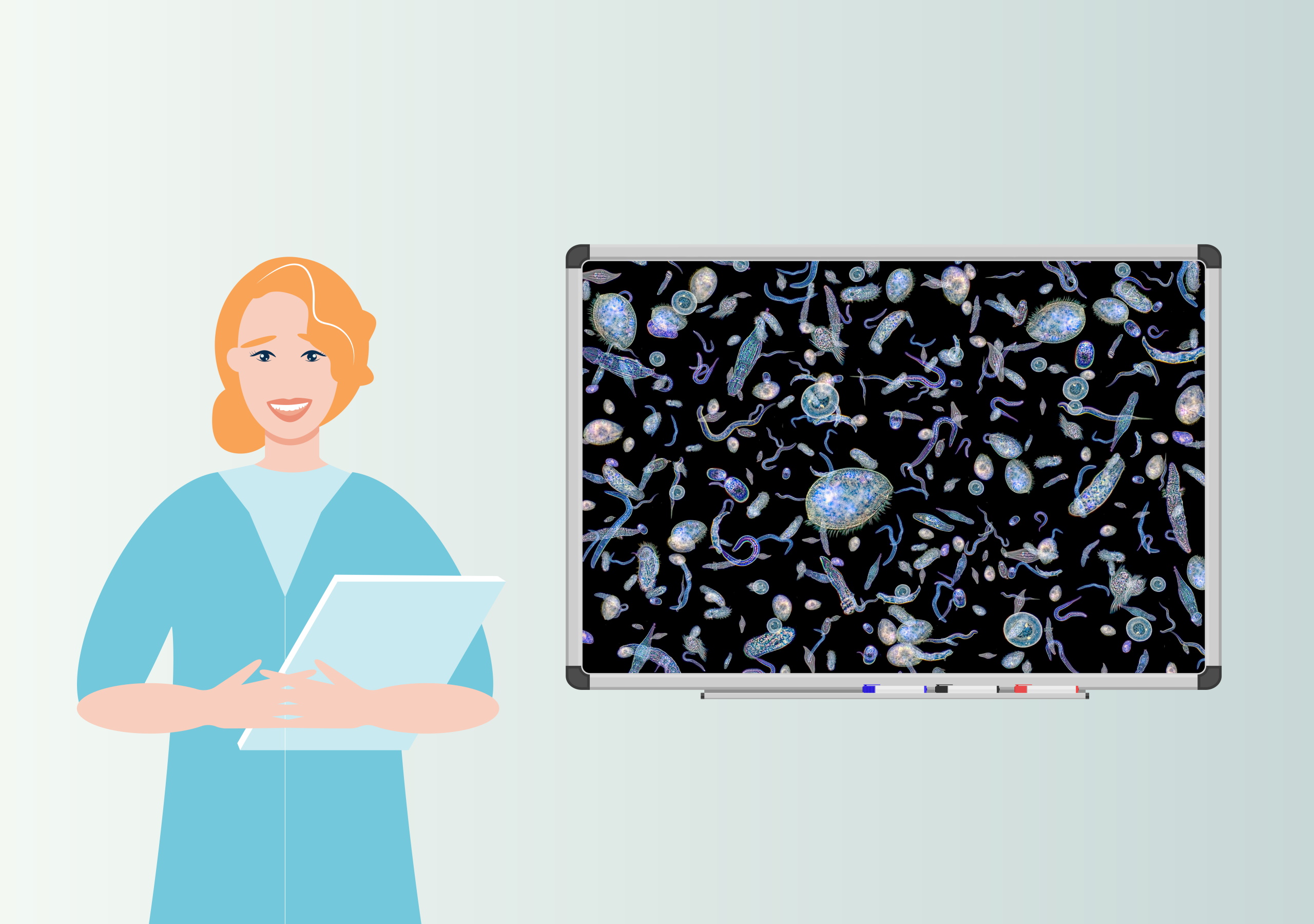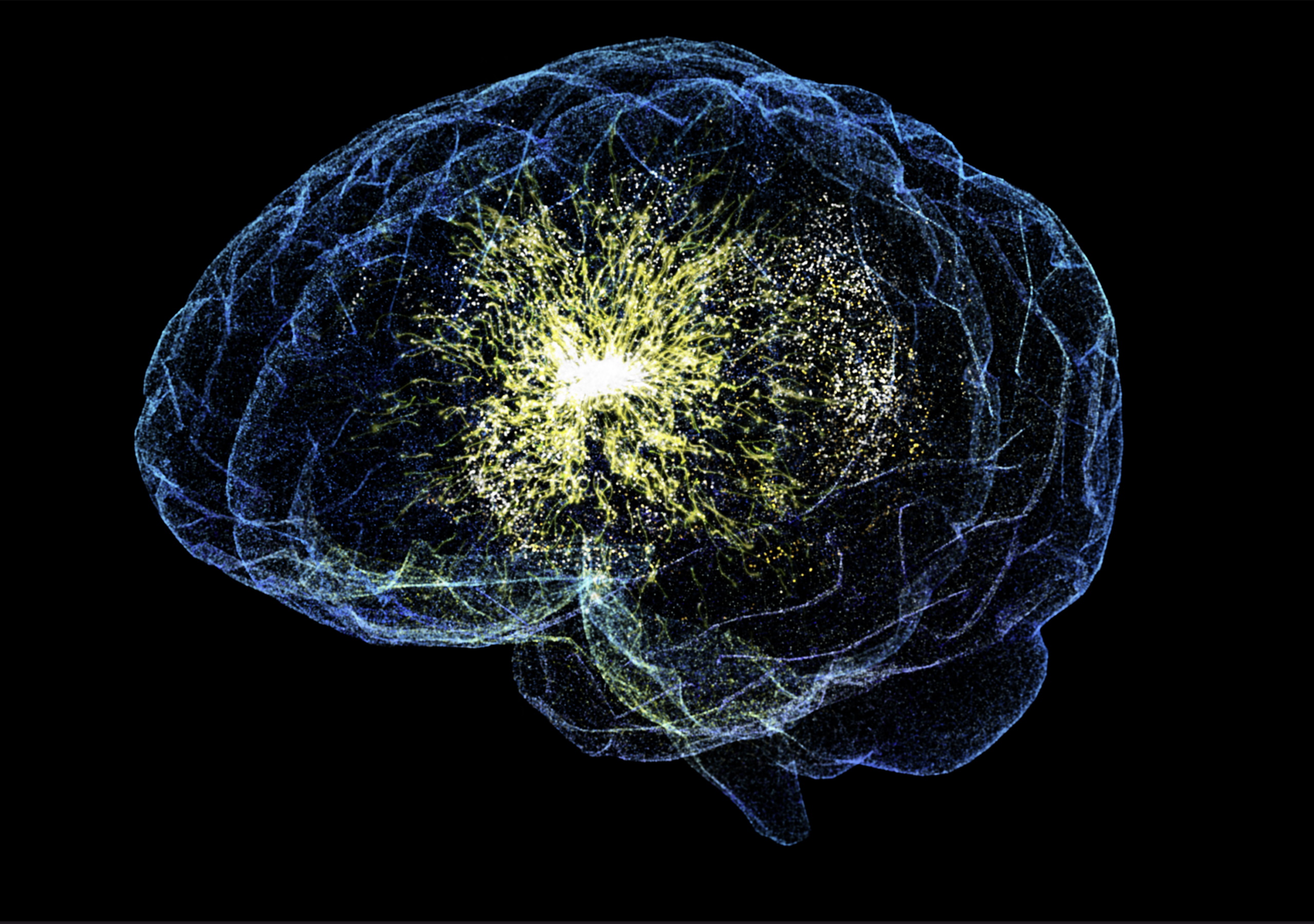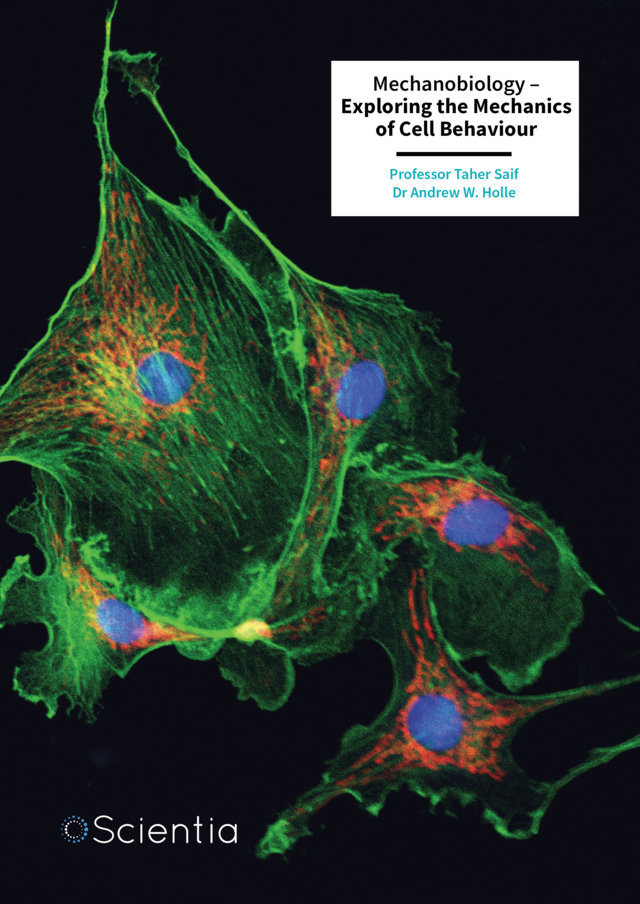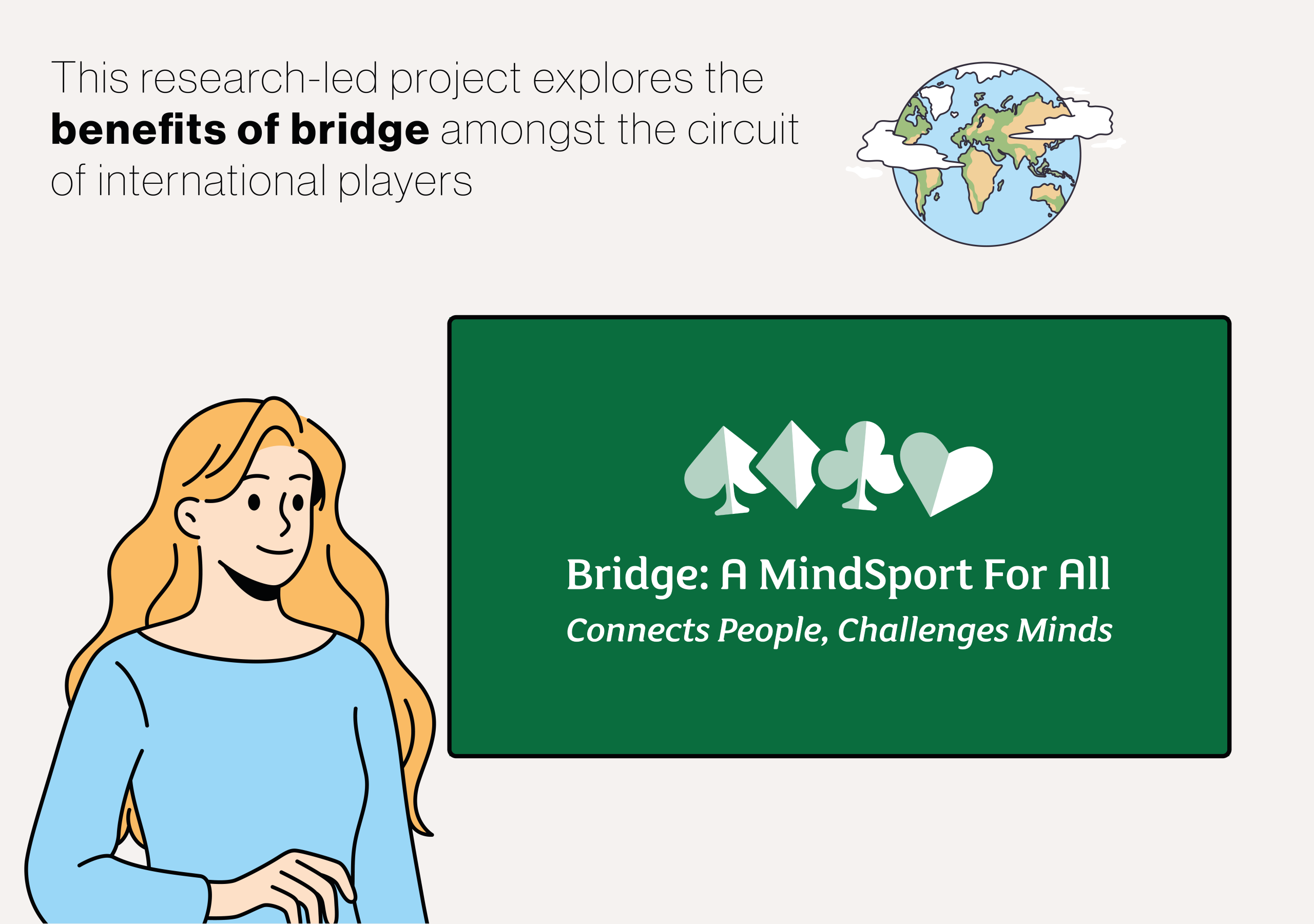Associate Professor Yassir Mahgoub and his team at Penn State University have uncovered an important link between melancholia – a severe form of depression that often doesn’t respond to treatment – and catatonia – a condition characterized by abnormal movements and associated with schizophrenia. The researchers analyzed case studies involving six patients who had been hospitalized for severe depression. All six patients experienced significant relief from their depressive symptoms by taking lorazepam – a drug typically used to treat catatonia. This discovery reveals a potential new avenue for treating severe, treatment-resistant depression. More
Depression is the leading cause of disability in many countries, contributing to an enormous burden on individuals, families, and healthcare systems.
While many individuals find relief through therapy and medication, a significant number of people do not respond to standard therapies, leaving them trapped in cycles of despair. These individuals often suffer from a form of depression known as melancholia, characterized by deep sadness, lack of motivation, an inability to experience pleasure, and physical symptoms such as significant weight loss and sleep disturbances.
For decades, psychiatrists have struggled to find effective treatments for melancholic depression that cannot be alleviated by traditional therapies. Some patients with this severe form of depression also exhibit symptoms that resemble catatonia – a condition that affects movement and responsiveness. People experiencing catatonia may become physically rigid, unable to speak, or stuck in repetitive motions.
Historically, catatonia was considered a separate disorder from depression, and was mainly associated with schizophrenia. However, recent research suggests that catatonia can also occur in people with mood disorders, particularly in those suffering from melancholic depression. This raises an important question: are melancholia and catatonia distinct conditions, or are they different expressions of the same underlying disorder?
Recent research by psychiatrist Dr. Yassir Mahgoub and his colleagues explores this question. Their study examines the relationship between melancholia and catatonia, shedding new light on how these conditions overlap and how they might be treated more effectively.
Traditionally, melancholic depression has been treated with antidepressants. Catatonia, on the other hand, is often managed with benzodiazepines – a class of drugs that includes lorazepam. Dr. Mahgoub and his colleagues proposed that some patients with melancholic depression may actually be experiencing an overlooked form of catatonia, and that benzodiazepines such as lorazepam could provide significant relief for these individuals.
In their study, Dr. Mahgoub and his team analyzed six patients who were hospitalized due to severe depressive episodes. These patients exhibited classic melancholic symptoms, including profound sadness, lack of motivation, loss of pleasure, anxiety, difficulty making decisions, and significant physical symptoms such as weight loss and sleep disturbances.
Additionally, they displayed psychomotor abnormalities – either moving very slowly or becoming unusually agitated. Such symptoms are commonly associated with catatonia rather than typical depression, leading Dr. Mahgoub’s team to investigate whether these patients might benefit from catatonia-specific treatment.
The patients were given lorazepam and were closely monitored. Remarkably, all six patients experienced a rapid and dramatic improvement soon after they were given lorazepam. Within hours, they became more alert, engaged, and able to make decisions. Some even regained their ability to interact socially, showing noticeable reductions in anxiety and physical symptoms.
One particularly striking case was a 54-year-old man with bipolar disorder who was admitted due to extreme irritability, paranoia, and suicidal thoughts. He refused to eat, and had persistent auditory hallucinations telling him to end his life. Despite many previous trials of antidepressants and antipsychotics, his condition had worsened. However, within hours of receiving lorazepam, his paranoid delusions faded, his appetite returned, and his mood drastically improved.
However, when the medication was discontinued, symptoms returned for all six patients.
This discovery is important because it challenges the way melancholic depression is currently treated. Many patients with this form of depression do not respond well to standard antidepressants. In some cases, standard antidepressants such as SSRIs can even exacerbate symptoms.
Dr. Mahgoub’s research suggests that GABA-related treatments like lorazepam may offer a better alternative for certain patients, particularly those with psychomotor symptoms. If further studies confirm these findings, they could lead to significant changes in how psychiatrists diagnose and treat severe depression.
Mahgoub’s research builds upon historical psychiatric observations. In the 19th century, the German psychiatrist Karl Kahlbaum described catatonia as a condition that could emerge in patients with severe depression.
Later, researchers such as Emil Kraepelin and Eugen Bleuler classified catatonia as a symptom of schizophrenia, effectively separating it from mood disorders. This separation has influenced psychiatric diagnoses for the past century, causing catatonia to be overlooked in cases of severe depression.
The study by Dr. Mahgoub and his colleagues revives Kahlbaum’s earlier perspective, arguing that catatonia is not limited to schizophrenia but can also be a crucial aspect of melancholic depression.
Another significant contribution from Dr. Mahgoub’s team is their proposal for refining how melancholia is diagnosed. Their work shows that in addition to symptoms like deep sadness and loss of pleasure, doctors should pay close attention to physical symptoms such as slowed movement or restlessness. Recognizing these symptoms could help identify patients who might benefit from treatments like lorazepam rather than standard antidepressants.
While the team’s findings are promising, their study has some limitations. The sample size was small, and more research is needed to determine whether these results apply to a larger group of patients. Additionally, benzodiazepines such as lorazepam can be habit-forming, so their long-term use must be carefully managed.
Future research should explore alternative treatments and develop better diagnostic tools for identifying patients who may have catatonic features within their depressive episodes.
Ultimately, the study by Dr. Mahgoub and his colleagues challenges long-held assumptions about depression and catatonia, suggesting that these conditions may not be as distinct as previously believed. By highlighting the effectiveness of lorazepam for certain types of severe depression, the team’s research opens the door to new treatment possibilities for patients who have struggled to find relief.
If larger studies confirm these findings, they could lead to a major shift in how psychiatrists approach treatment, offering new hope to those suffering from the most debilitating and persistent forms of depression.







